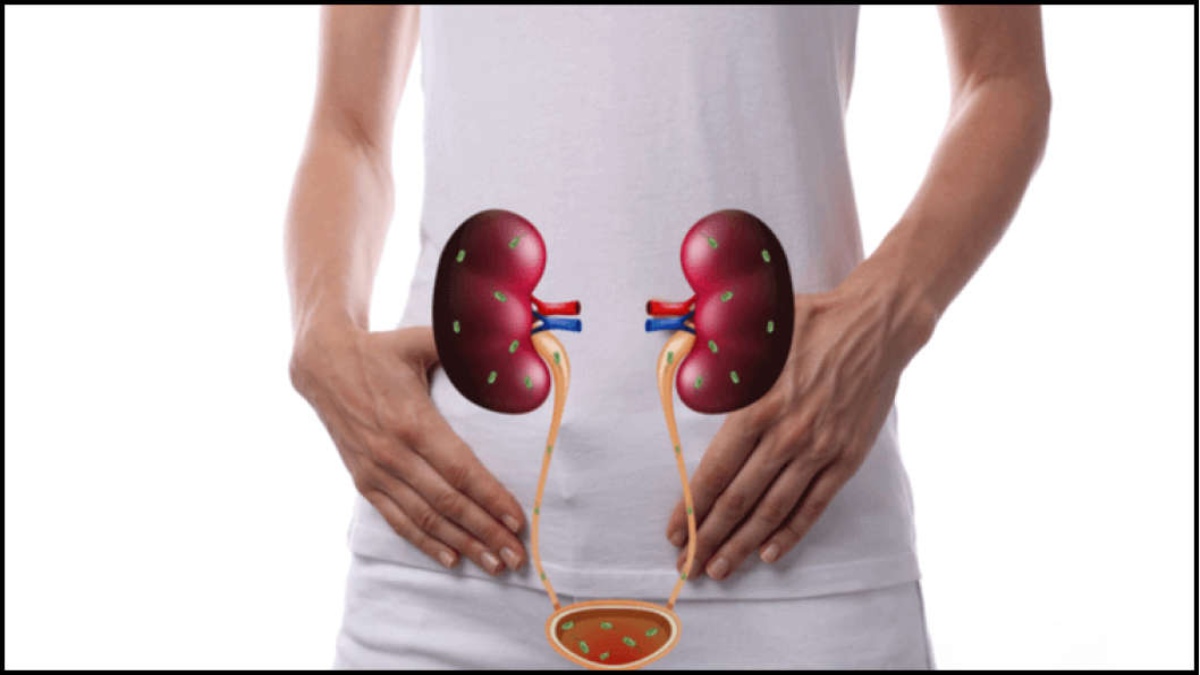The Covid-19 pandemic has affected the whole world, and all people, albeit in different ways. Since the beginning of 2020, particularly during the second wave, we have encountered an increased number of abnormal issues in our practice. High-risk patient groups (people affected with co-morbidities–Diabetes mellitus (DM), Hypertension (HTN), Ischemic heart disease (IHD), Chronic kidney disease (CKD), etc. are generally prone to urinary tract infections, but we were surprised to find people with no co-morbidities developing symptoms of urinary tract infections. Such infections are commonly known as Denovo infections.
At Manipal Hospitals, several patients presented Denovo (repeated/common) symptoms of UTI. Some of them were positive in urine culture while the others turned out negative. Surprisingly, inflammatory markers like – ESR / CRP / LDH, etc. were found to be elevated even in the absence of UTI. Such indicators are associated with the urinary symptoms of Covid-19 associate cystitis (CAC), also known as viral cystitis. Hypothetically there is a key and lock situation, the protein that protrudes from the envelope of the virus, latches onto the receptor. It is present mainly in the lungs, the gastrointestinal tract and the urinary tract and cardiovascular system. This arrangement allows the virus to enter the human cells and damage the machinery of the human cell.
Unfortunately, several patients who had recovered from Covid-19 had developed UTI. This could have been due to the immuno-suppression or raw and inflamed bladder lining, thereby making the person more prone to UTI. Patients who had already mentioned urinary symptoms – LUTS, were tested positive for Covid-19 even if they did not have specific Covid-19 symptoms. Most patients turned out to be positive, and the CT scans of a few individuals with high clinical suspicion showed ground glass capacities in both the lungs which is common in early infection of Covid-19.
For instance, Ramakrishna (name changed), aged 70 years, was admitted to ICU at Manipal Hospitals, Malleshwaram, due to severe Covid-19 infection. The patient had developed Escherichia coli (e-coli) infection. The UTI infection had developed as a resistant response to the multiple antibiotics, post the immune suppression. He was put on a prolonged course of antibiotics with symptomatic treatment. He had Diabetes Mellitus, which gradually was controlled and the patient recovered.
Despite a thorough virus evaluation, no evidence of viral load was detected in the urine sample. However, there has been a definite increase in UTI cases during the pandemic. It is fairly evident that the consequences of the Covid-19 virus manifest in the form of complications such as CAC and UTI, particularly in Denovo patients.
Patients suggestive of Denovo UTI/ urinary symptoms–LUTS, occurring through Covid-19 infection is caused by an increased inflammatory response. There has been evidence of inflammation in the urinary bladder detected by the presence of inflammatory cytokines in the urine. These are released in urine and are expressed in the bladder. Few of the implications are:
1. Utmost care and diligence should be provided by the physician caring for patients infected by Covid-19. They should be aware of CAC and should ensure timely treatment for the same
2. Denovo urinary symptoms / LUTS may be included among the complex symptoms of Covid-19
3. UTI occurring with Covid-19 infection requires immediate medical attention and management. Surgical interventions should be suggested based on proper understanding and evaluation of the patient
The writer is a Senior Consultant-Urologist, Manipal Hospitals, Malleshwaram.























